The Next Web writes that ammonia synthesis might be the world's most polluting chemical production process, accounting for 1.8% of the planet's CO2 output. Thus, the ammonia-manufacturing industry releases more emissions than the entire United Kingdom.
NitroVolt is the startup that aims to empower farmers to continue to grow the much-needed food for the planet, but with significantly less carbon emissions. The company's proprietary technology, called nitrolyzer, is able to produce ammonia using just air, water and renewable energy, a process that releases no CO2, company officials claim.
NitroVolt was founded last year, as a spin-off from the Technical University of Denmark and the container-sized device was developed by two scientists who explored clean ammonia production over the last seven years.
In its early days, the startup received a grant from Breakthrough Energy and recently, NitroVolt officials secured their first pre-seed round of 750,000 euros from BackingMinds, a Swedish VC. NitroVolt plans not only to make ammonia production less polluting, but also lower the costs of the end-product to help farmers adopt the sustainable alternative at large scale.
Mattia Saccoccio, CTO & co-founder of NitroVolt, said that "with the new funding, we’re moving out of the university and hiring the competencies we need to scale our technology."
Furthermore, the clean ammonia producing device can be implemented directly at farms, as per NitroVolt, meaning that farmers need access to electricity, preferably clean power, air and water in order to source their own fertilizer. After the production process is completed, the ammonia can be immediately integrated in the spraying system and spread throughout the crops.
Suzanne Zamany Andersen, the company’s CEO & co-founder, said that the system has a production capacity of 150 kilograms of green ammonia per day, which is enough for the average Danish farm. To produce 150 kg of ammonia, 450 liters of water are required.
"Our technology makes it possible to produce ammonia locally and puts the end user in control of the production. This means that the production becomes resilient to supply chain volatility and green at the same time – something that doesn’t exist on the market today", Andersen explained.
As demand for ammonia is expected to increase threefold by 2050, which is the year farming wants to go net-zero, it is critical that this device reaches as many farms as possible to enable fast and efficient decarbonization. The nitrolyzer can be scaled down or up, depending on the needs of the individual farm and over time, the technology will advance and improve, as well, optimizing the consumption of resources and production capacity.
 Mihai - Cristian Ioniță
Mihai - Cristian Ioniță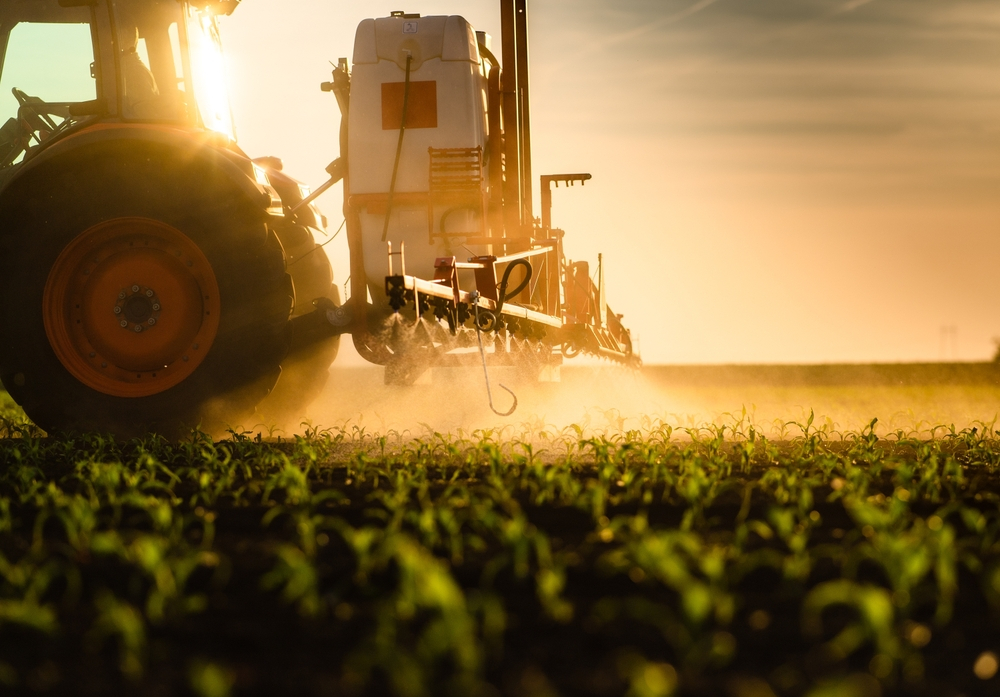

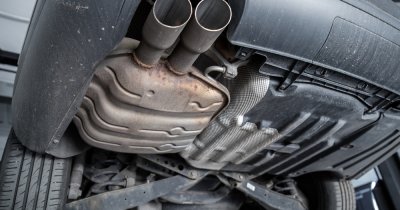
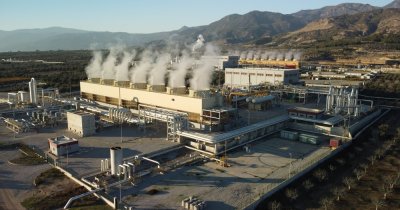
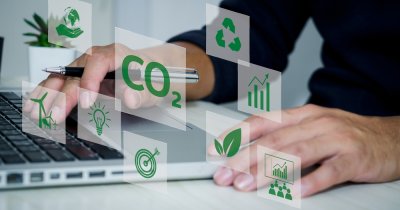

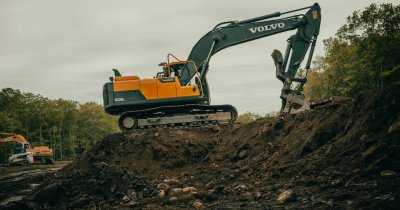






Any thoughts?